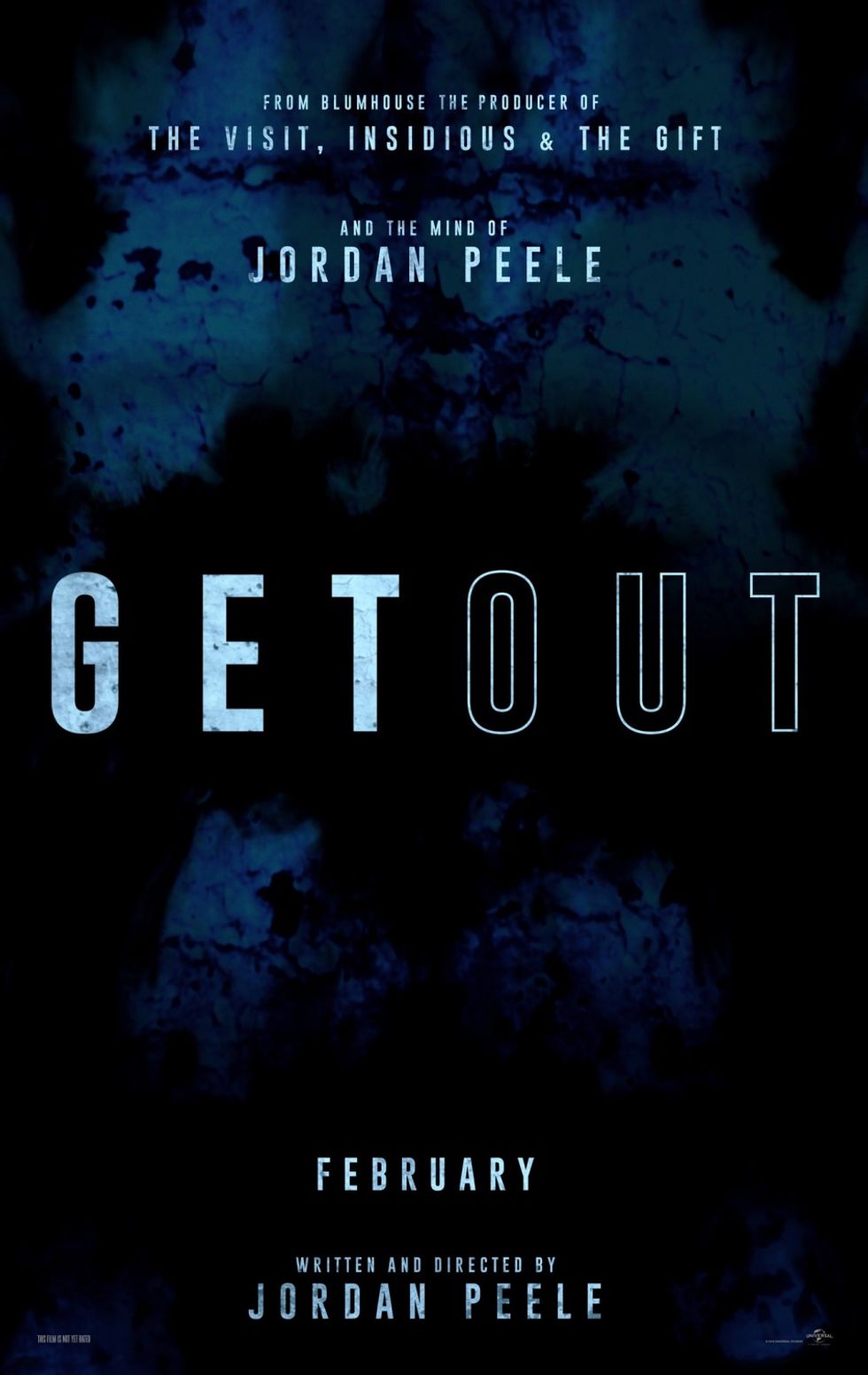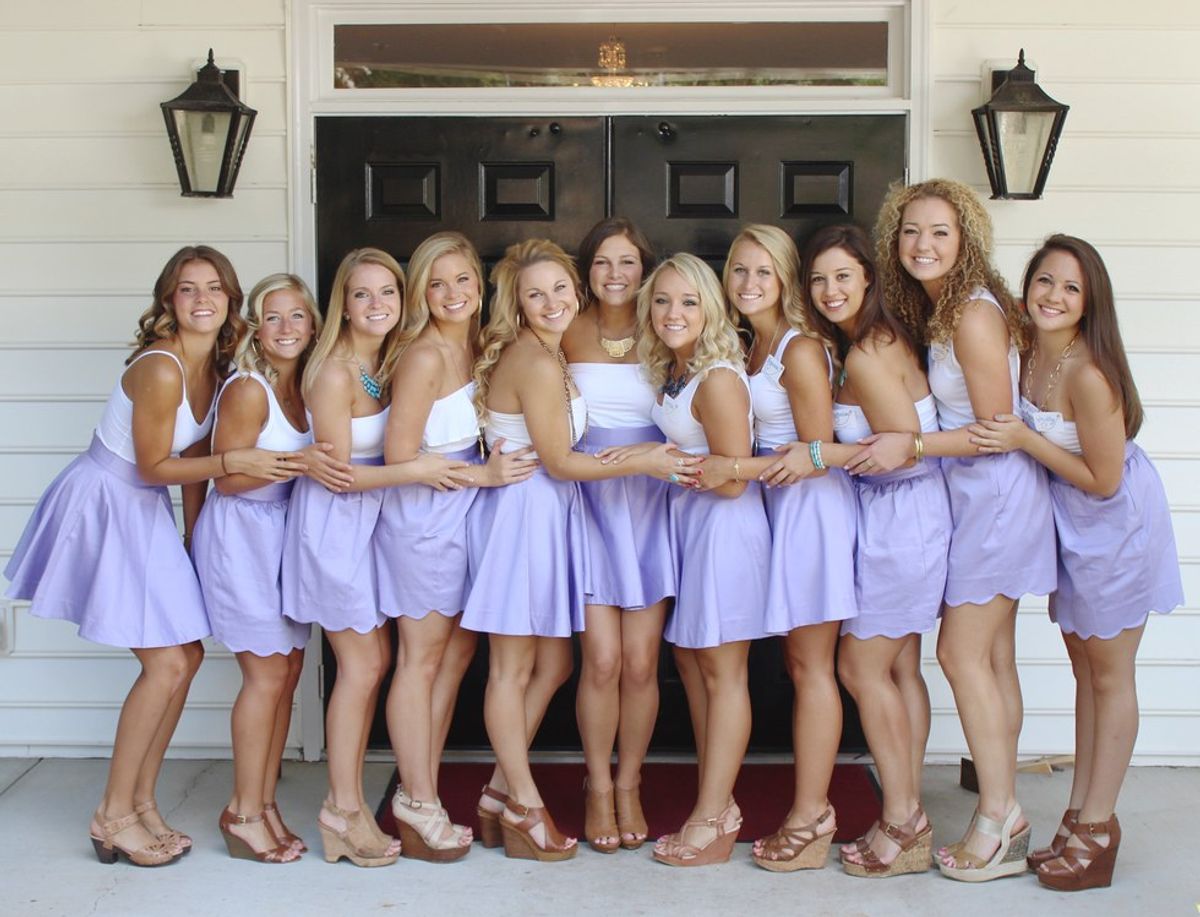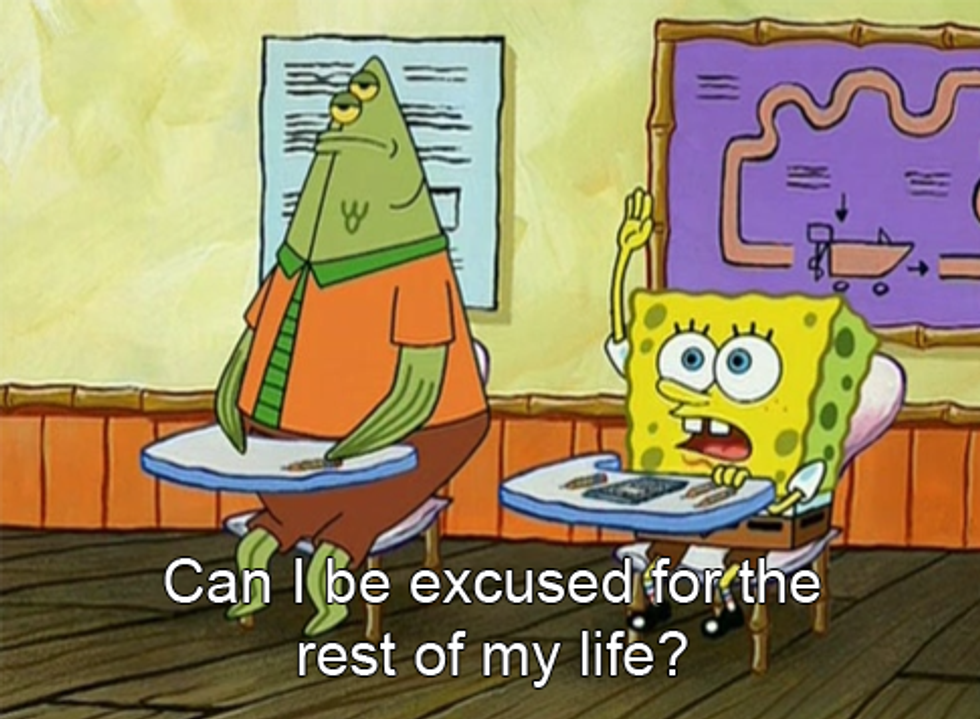The recent film “Get Out” written and directed by Jordan Peele is arguably one of the best films of the last decade. It’s rave reviews and 99% rating on Rotten Tomatoes serve as evidence of the film’s success, and it is very clear it has made cinematic history in more ways than one. The horror film follows the experience of Chris, a black man, through his visit to his white girlfriend’s home, where things take a turn for the worst. Chris soon discovers the truth about the plan for his annihilation, and through his struggles, finds a way to get ‘out’. It explores the different elements of fear present in the household and American society and highlights the difficulties presented when trying to escape them.
One accentuated element is white privilege, which is present through the duration of the film. Even in the last few minutes, when Rose Armitage (Chris’ girlfriend) pinned down to the street, her sudden sinister smile affirms the acknowledgment of her advantage. Rose and her immediate family’s character development exemplifies how racism is denied or disregarded; they themselves have not taken the life of an African American, but they have contributed to it. They have done nothing to stop its continuity and have, to an extent, encouraged it. They do not 'purchase' African Americans for their qualities, but they are the suppliers. They find the ones with the qualities that their family clan desires, and ‘adopt’ them into their home, technically uninvolved with the decisions of the extended family’s future actions.
Not only that, but their appearances also call out this cultural hypocrisy: Jeremy, Rose’s brother, seemed to ‘fit the description’ of the stereotypical racist. From his taste in sports to his personal hygiene, he is the archetypal image of what a racist is. However, he is under the constant surveillance of his family, because he is their weakest link. He is, surprisingly, one of the most honest characters in the film. Jeremy was very blatant with his intent to harm Chris, whereas the rest of the family was careful to ease him into submission. Hiding their own racism to be considered upstanding citizens is equivalent to stating that one is fully in support of the black community, but is still in agreement with ‘All Lives Matter’.
Another small yet important detail: police brutality is hardly pointed on, if at all. This is because police brutality already has plenty of media coverage, and it’s the tip of the iceberg when it comes to intercultural aggressions. The police are not what is making America hate. It is the blatant denial of white privilege that is leading to the suppression of minorities, in this case, African Americans. As the film points out, white privilege and its affiliated constructs (cultural appropriation, for example) affect everyone, black or white or otherwise. Accepting it as a cultural norm brings society one step closer to becoming like the Armitages, ignoring the heritage of someone who grew up knowing an entirely different world.
The film is considered a horror because of violence and twisted mind games, but the most terrifying element of this film is its reality. Since a black community has ever been present on American soil, black talents have been used, exploited, and stolen by the means of white privilege. It started in the plantations but expanded to beauty routines, intelligence operations, and, more evidently, the music industry. It is important to say here that film is not saying that ‘Whiteness’ itself is bad. The message is that it is perfectly fine to be on the side of the oppressed, just be careful to not become the oppressor.




















